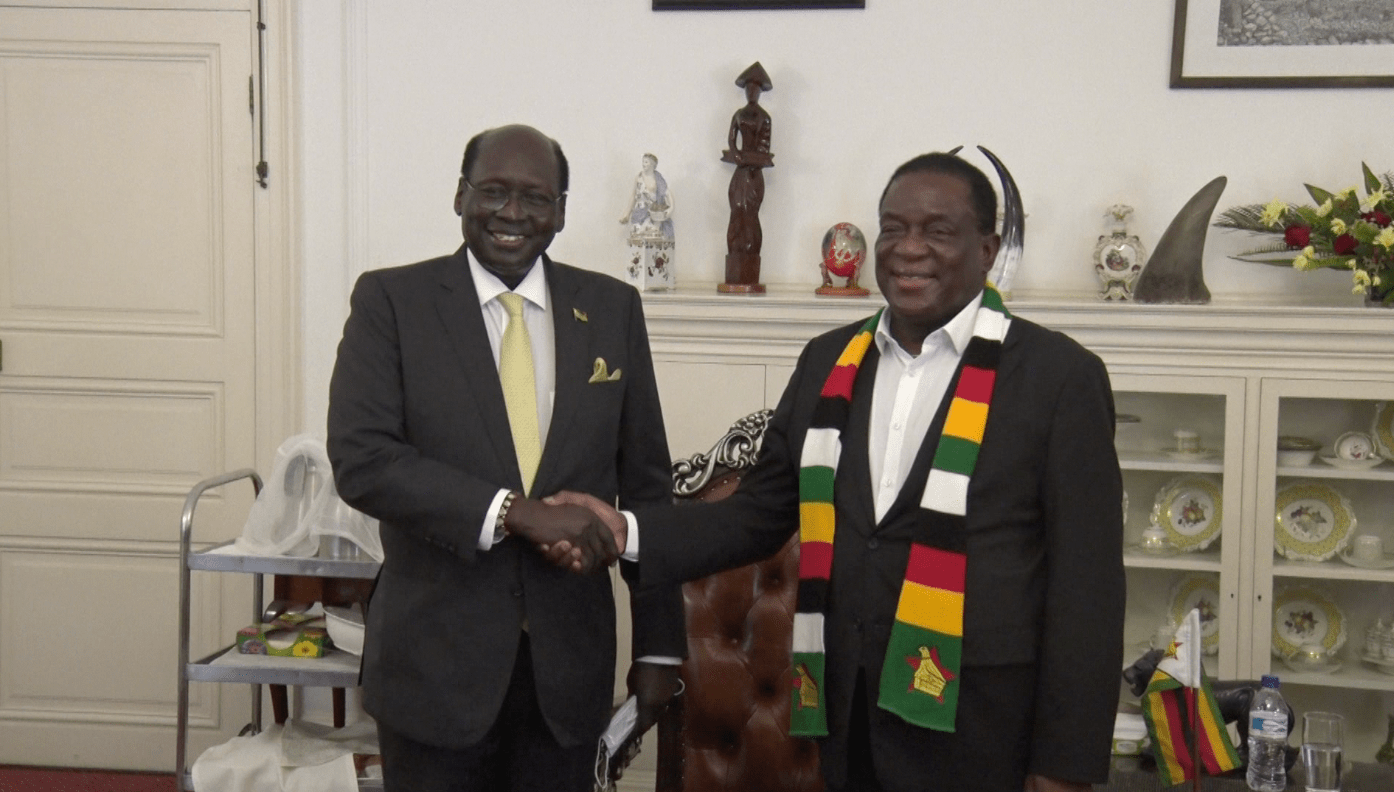There's a growing global potato shortage - a real problem for a planet addicted to french fries and chips.
A number of popular items, including marmite and cream cheese, have faced scarcities amid supply chain disruptions wrought by the coronavirus pandemic and extreme weather. Potatoes are the latest to join the list, becoming unevenly available in some countries and fast-food chains because of a confluence of factors.
In Japan, McDonald's locations stopped offering large and medium-size french fry orders late last month, after pandemic-related supply chain issues and floods in the Port of Vancouver delayed potato shipments.
Days later, South Africa's leading makers of potato chips warned that potatoes were in disturbingly short supply after a bad frost and excessive rains led to low local yields, on top of global sourcing shortages.
In Kenya this month, Kentucky Fried Chicken locations struck french fries, known locally as chips, from menus, as virus-related shipping delays held up containers full of potatoes for more than a month.
"You love our chips a little too much, and we've run out," KFC Kenya tweeted on Jan. 3. "Sorry!"
In the meantime, the chain offered customers the chance to swap in other menu items - chicken, buns, soda, coleslaw and maize-based ugali - in place of fries in combo meals.
Other Kenyan fast-food restaurants were able to offer the goods.
"We have enough fries for everyone," Kenya's Burger King wrote in a January 4 Instagram post.
Beyond the inconvenience, the shortage attracted some anger among Kenyans over KFC's reliance on imported instead of local potatoes, which are in their harvest season.
KFC's chief executive for East Africa, Jacques Theunissen, told Kenya's Business Daily that it could not easily switch to Kenyan potatoes because of global quality standards.
"All suppliers need to go through the global QA [quality assurance] approval process, and we cannot bypass that even if we run out to ensure that our food is safe for consumption by our customers," he said.
Some called for a KFC boycott on social media and asked why the franchise had not sought approval for local suppliers from the start.
National Potato Council of Kenya chief executive Wachira Kaguongo told local media that the country's farmers produce 62 varieties, and "with the proper arrangement, proper planning" they could supply KFC.
Pandemic or no, potato shortages crop up from time to time because of bad weather, blights or labour disputes.
China, Russia, India and the United States are the world's top potato producers. But last year, US farmers had to destroy a glut of millions of potatoes after lockdowns and stay-at-home orders led to a steep decline in demand, including from restaurants. The US potato crop declined by 2 per cent in 2021, according to a November report by the US Department of Agriculture.
Japan is the United States' largest oversees market for potatoes, according to the USDA. Japan has more than 3000 McDonald's franchises, and relies on potatoes grown in the United States and sent by ship from North America.
McDonald's in Japan said it was considering flying in potatoes to meet demand until the backup in Vancouver was resolved. But after heavy snow in early January further delayed shipments, the company announced that it would be sticking with its small-order maximum for at least another month. - Miriam Berger, The Washington Post/stuff.co.nz








